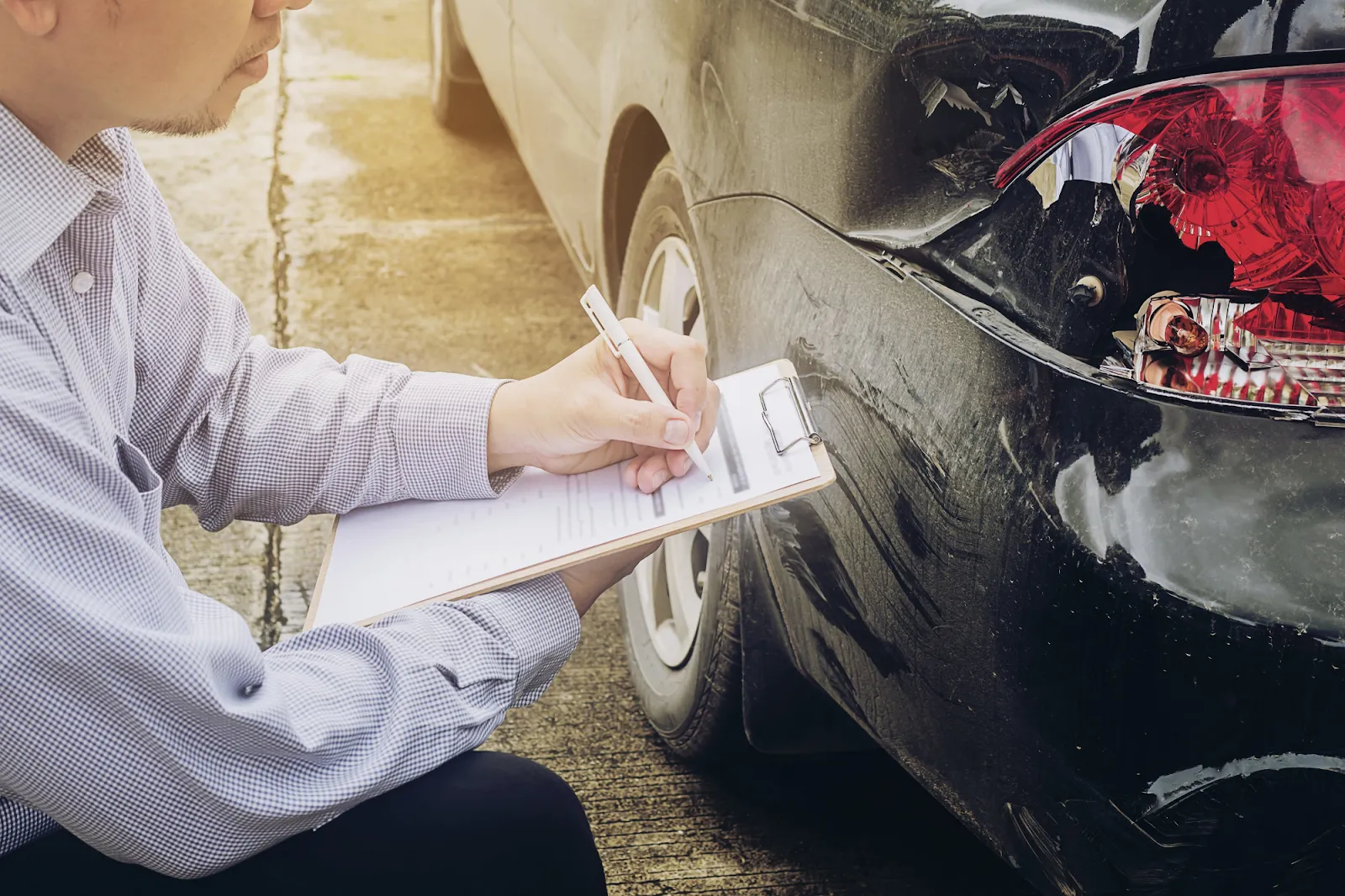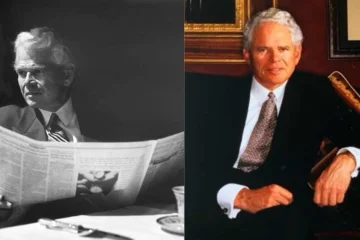A vehicle recall happens when a manufacturer or the National Highway Traffic Safety Administration (NHTSA) finds that a car has a defect that makes it unsafe. If that defect is linked to safety features like airbags, brakes, tires, or seatbelts, the manufacturer must fix it at no cost to the owner.
San Francisco is one of the busiest and most challenging cities in the United States to drive in. Because of the conditions, a vehicle defect in San Francisco can be even more dangerous than in other areas. When people drive recalled vehicles without repairs in such a dense and fast-paced environment, the risks multiply.
For anyone injured in an accident where a recalled vehicle is involved, having Jacoby & Meyers San Francisco auto accident lawyers is a legal game-changer.
In a city as unique and challenging as San Francisco, having skilled lawyers who understand both the laws and the local driving environment can make a big difference in the outcome of a claim.
What Exactly Is a Vehicle Recall?
A vehicle recall is an official notice that a car or truck has a defect that makes it unsafe to drive or does not meet federal safety standards. Recalls can be issued voluntarily by manufacturers or ordered by the NHTSA.
Once a recall is issued, the manufacturer must provide a free repair, replacement, or sometimes even a refund. Repairs are usually done at authorized dealerships, and the manufacturer covers the cost.
Some of the most common recalls involve:
- Airbags that don’t deploy or deploy unexpectedly
- Seatbelts that don’t latch correctly
- Tires that fail or blow out
- Brakes that malfunction
In all cases, recalls are about protecting lives. A defective part, no matter how small, can cause a major accident.
How Do Vehicle Recalls Affect Liability After an Accident?
The impact on accident liability is direct: if your car has a recall and you ignore it, you can be held responsible for an accident that results from that defect.
Manufacturers can be liable too, but once you are notified of a recall, you take on the responsibility of making sure your car gets repaired before you drive it again.
If you knew about a recall and did nothing, you may be held at fault for any accident linked to the defect. Insurance companies often lower or deny claims in these situations because you knowingly drove an unsafe car.
On the other hand, if you were never notified of the recall, liability may shift back to the manufacturer. The law requires manufacturers to make a reasonable effort to notify owners. If they fail to do so, they can be held responsible for damages.
In many cases, both the driver and the manufacturer share liability. Courts may use comparative negligence rules to decide how much fault belongs to each party.
How Can Vehicle Recalls Be Proven in Accident Cases?
To prove that a recalled defect caused an accident, lawyers gather different types of evidence. This may include:
- The recall notice itself
- Accident reports from the police
- Vehicle data recorders showing a malfunction
- Photos of damage, skid marks, or failed parts
- Expert analysis from accident reconstruction specialists
The goal is to link the defect directly to the cause of the accident. If that link is clear, liability can be established.
What Should You Do If You’re Involved in an Accident with a Recalled Vehicle?
If you are in an accident and suspect a recalled vehicle was involved, there are steps you should take:
First, get medical attention, even if injuries seem minor. Next, gather as much information as possible about the accident, including photos and witness details.
Then, check the NHTSA website to see if your vehicle has any active recalls. Finally, contact a lawyer who can guide you through your claim and protect your rights.
Key Takeaways
- Vehicle recalls are issued when a car or part is unsafe and must be repaired for free.
- Manufacturers can also be liable if they fail to notify owners in time.
- Proving liability requires strong evidence, such as recall notices, accident reports, and expert testimony.
- Victims of recalled vehicle accidents may seek compensation for medical bills, lost wages, and more.



